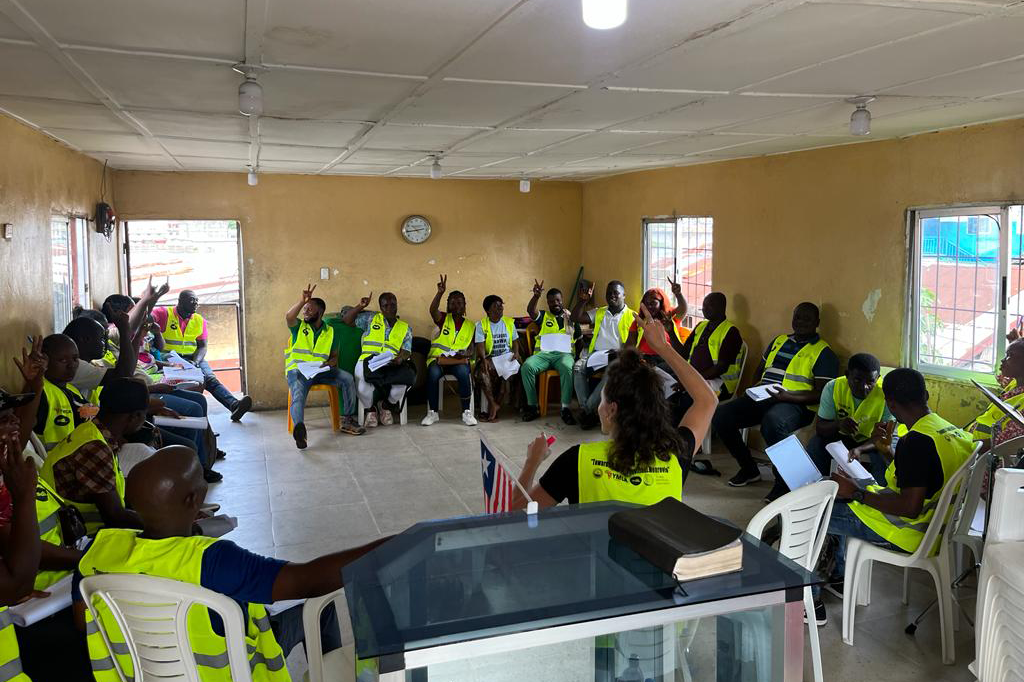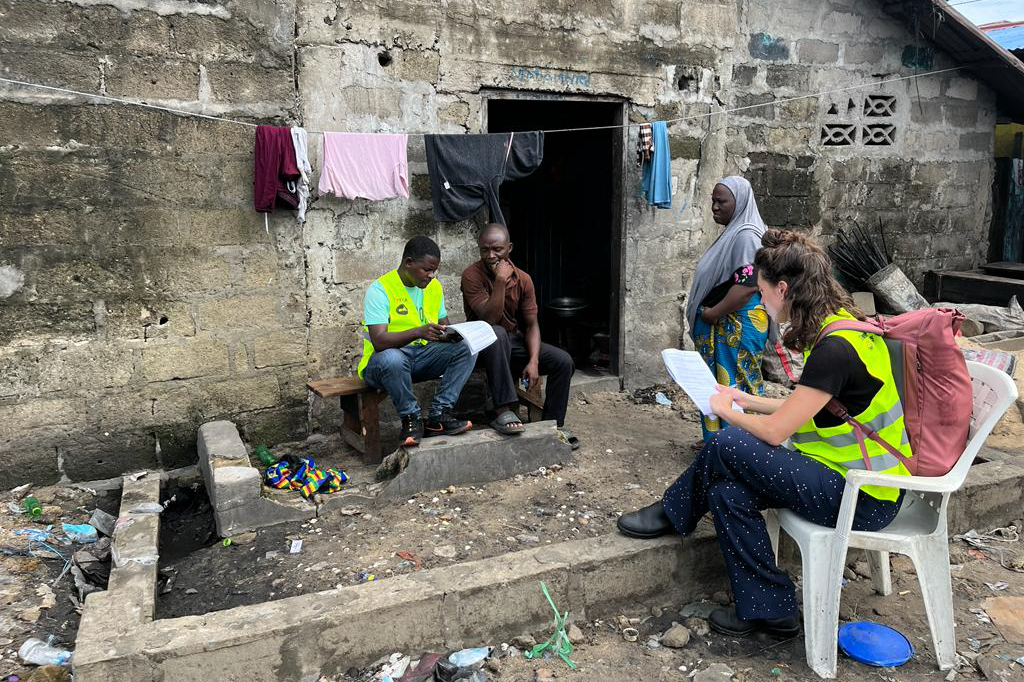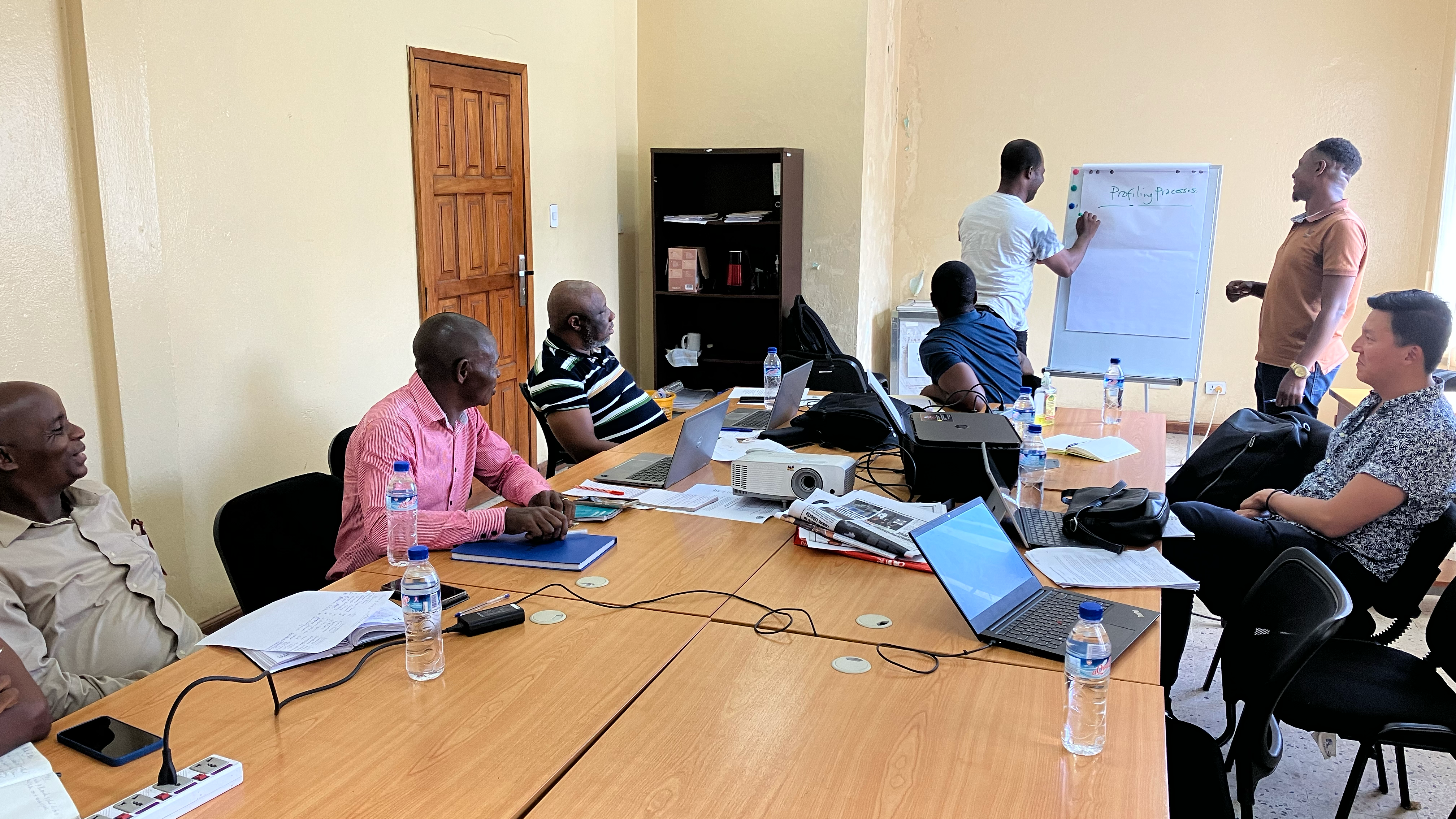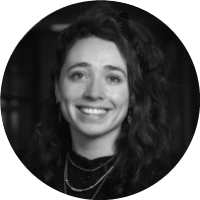GCA places informal settlement communities in Monrovia at the heart of adaptation solutions
GCA is working with grassroots organizations YMCA Liberia, Federation of Liberia Urban Poor Savers (FOLUPS), and Slum Dwellers International (SDI) to empower informal settlement communities in Monrovia, Liberia to become agents of change through the World Bank’s Liberia Urban Resilience Program
A
s the wettest capital of the world, with an annual average rainfall of five meters, people in Greater Monrovia suffer from significant flooding. This is compounded by climate change, which causes sea level rise and alters the amount and distribution of precipitation. High population density and social vulnerability compound the threats posed by climate change.
Most Monrovians live in informal settlements and are more exposed to risk. According to the World Bank, since 2013, sea level rise and coastal erosion have displaced over 6500 people and affected hundreds of informal settlements across Liberia. Women and young people are especially vulnerable. Youth account for 85 percent of the unemployed population and women are often excluded in urban development-related decision-making processes.
Recognizing these climatic and socio-economic challenges, the Government of Liberia and the World Bank initiated the Liberia Urban Resilience Program. This $40 million program aims to enhance climate resilience and urban living conditions in Liberia, and to strengthen institutional capacity for sustainable urban management. The Global Center on Adaptation (GCA) is providing technical assistance to this program as part of the Africa Adaptation Acceleration Program (AAAP), which aims to mobilize $25 billion over five years to accelerate and scale climate adaptation action across the continent.

Bringing Locally Led Adaptation into the Liberia Urban Resilience Program
To ensure the needs and priorities of informal communities living in areas already affected by climate change inform on-the-ground investments, GCA is integrating a Locally Led Adaptation approach into the program.
Local practitioners and grassroots organizations with experience in implementing effective efforts on the ground are critical partners for GCA. For this project, GCA is working with YMCA Liberia, a community-focused organization that empowers young people through self-development and community service; the Federation of Liberia Urban Poor Savers (FOLUPS), an organization of slum dwellers focused on improving their livelihoods through savings; and SDI, a global network of slum dwellers serving the interests of the urban poor in countries across Africa, Asia and Latin America.
Together with YMCA Liberia, FOLUPS and SDI, GCA is conducting a community data-collecting and profiling exercise among 15 communities in the settlements of Southern Paynesville and 37 in Northern Bushrod Island. With extensive experience in conducting similar exercises in Liberia, YMCA Liberia and FOLUPS are in charge of on-the-ground data collection and profiling. Through this exercise, key climate-related risks and hazards faced by local communities as well as locally owned plans to address these climate risks will be identified. GCA, in collaboration with SDI, will also support the development of a community engagement strategy for future community-driven slum profile and risk mapping exercises, in order to replicate and scale the work conducted under this initiative.

Pilot and Peer-to-Peer Training
In its initial stages, the project piloted a household survey in informal settlements and organized peer-to-peer training.
Situated in an informal settlement in West Point, Monrovia, and executed by community members and leaders trained by YMCA Liberia and FOLUPS, the pilot clearly revealed the importance of community-led data collection and profiling. Their inputs ensured that the household survey was aligned with the communities’ priorities and increased the gender focus.
The pilot was followed by peer-to-peer training, led by Akiba Mashinani Trust (AMT), a community-led organization from Mukuru—one of the biggest urban informal settlements in Nairobi, Kenya—with extensive experience in informal settlement mapping and planning. This “South-South” learning experience “helped participants understand the importance of assessing exposure, vulnerability, and risk to climate-related hazards, designating special planning areas, and developing a plan for coordinated and coherent actions to increase the adaptive capacity of Monrovia’s slum dwellers,” according to Martin Allen, Montserrado County Coordinator at YMCA Liberia. YMCA Liberia and FOLUPS are now prepared to commence the full Monrovia community enumeration and profiling exercise.

Benefits of Community-informed Resilient Urban Planning
Incorporating the input of local communities into climate adaptation investments is of great importance to ensure the effectiveness, sustainability and equity of these projects. Informal settlements are often home to marginalized and vulnerable populations. They are disproportionately affected by the adverse impacts of climate change due to limited resources and lack of access to essential services. Engaging these communities in the planning and implementation of investment projects not only acknowledges their unique knowledge of local conditions and vulnerabilities but also empowers them to contribute valuable insights and solutions.
Collaborative involvement fosters a sense of ownership and responsibility, enhancing the likelihood of successful project outcomes and long-term resilience, and aiming to overcome risks of maladaptation. Moreover, integrating local perspectives promotes the identification of culturally sensitive strategies that consider traditional knowledge, indigenous practices and community dynamics.
An inclusive approach to climate adaptation not only helps to reduce the immediate impacts of climate-related events, it also fosters a more resilient urban environment, where informal settlement dwellers are empowered to act as agents of change shaping their own sustainable and equitable future.
To learn more about locally led approaches, visit GCA’s Global Hub on Locally Led Adaptation, a platform to inform, connect and inspire local communities and practitioners around the world with the latest knowledge and solutions for adapting to climate change.

Marijn Kallenberg is a Junior Program Officer, Urban Africa at GCA. Before joining GCA, she worked as a project officer at De Gezonde Stad, a local sustainability NGO operating in Amsterdam. She focused on projects in urban greening, local and sustainable food, and inclusive sustainable development. Marijn holds a Master’s degree in Sustainable Development from Utrecht University.